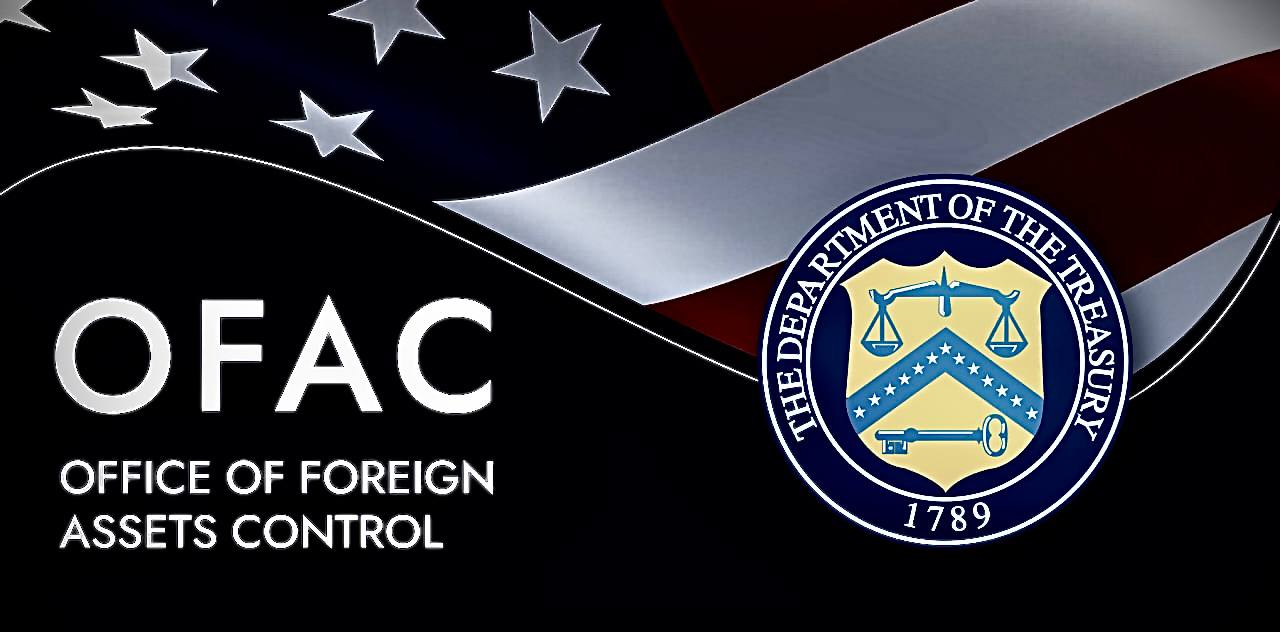
What is an OFAC alert in my credit report?
To determine the creditworthiness of an individual or organization, there are credit reports. If there’s an OFAC alert on your credit report, it can understandably cause worry and concern. An OFAC alert can affect your ability to get loans from financial institutions and mark you as a criminal, negatively impacting your reputation. Therefore, it’s recommended to take immediate action to remove this alert. Sometimes, there are false OFAC alerts on credit reports, and it’s up to you to correct them; otherwise, expect negative consequences.
Let’s take a look at what OFAC is, the purpose of these alerts, why OFAC might show up on your credit report, the prevalence of false alerts, and figure out what steps you can take to remove them.
What is OFAC?
OFAC is a division of the U.S. Department of the Treasury. It is responsible for administering and enforcing economic and trade sanctions. These sanctions are aimed at supporting U.S. national security and foreign policy objectives in accordance with various legislative acts and presidential directives.

OFAC operates under regulatory acts such as the “International Emergency Economic Powers Act” and the “USA PATRIOT Act.” The organization manages a list of Specially Designated Nationals and Blocked Persons, which includes individuals and entities that U.S. citizens and companies are prohibited from doing business with.
What is an OFAC alert?
OFAC Alert on Credit Report This is a notification that the information in your report may match the data of individuals listed on OFAC lists. The primary function of this alert is to warn creditors and financial institutions of the need for further verification to ensure they are not violating sanction regimes established by OFAC.
The functions of OFAC notifications include:
- Compliance with legislation. Assisting financial institutions in adhering to international sanctions and requirements set by OFAC;
- Risk management. It provides information for assessing potential risks associated with doing business with certain individuals or organizations;
- Preventing illegal activities. Assists in combating the financing of terrorism, money laundering, and other forms of financial crimes.
Why is there an OFAC alert on my credit report?
Incorrect identification is often one of the main reasons for false alerts from OFAC. Since the SDN list contains only names and aliases without detailed personal data, individuals with common or similar names may be mistakenly flagged.
Outdated information is another factor that leads to false OFAC alerts. If someone was previously under investigation or mistakenly added to a list, and then cleared, their information might not get updated across all systems in time, causing unwarranted warnings.
Data errors due to typos, inaccuracies in reports, or technical glitches can also lead to false OFAC alerts. Minor discrepancies in personal information might accidentally link someone to an individual on the SDN list, potentially leading to missed opportunities due to the lack of due diligence required by the FCRA.
How common are false OFAC alerts?
Individuals and organizations frequently encounter false alerts from OFAC. According to studies conducted by auditors, up to 90% of these alerts may be erroneous. This is due to the limited information available in OFAC lists. The lists lack birth dates and several other identifying details, with alerts being based solely on names, which can lead the system to generate a false alert.
A false OFAC alert can appear on a credit report due to outdated information in the SDN List. Additionally, common issues include errors in credit reporting or technical glitches that can cause discrepancies, leading to false alerts.
There are no precise public statistical data on the number of false alerts from OFAC, but it is known that they pose a problem for companies in the sanctions compliance sector. Many organizations invest in improved tools and verification processes to reduce the number of false positives and increase compliance efficiency.
What steps can I take to remove an incorrect OFAC alert from my credit report?
If you’ve found an incorrect OFAC alert on your credit report, it’s recommended that you take the following steps:
- Contact the credit bureau. Send a written request to the credit bureau that provided the report, asking them to investigate and remove the incorrect alert. According to the Fair Credit Reporting Act, credit bureaus are required to investigate disputes and correct inaccurate information within 30 days;
- Please provide supporting documents. Attach copies of identification documents, such as a passport or driver’s license, to verify your identity and distinguish you from the individual listed in the OFAC list;
- Reach out to OFAC. If the issue isn’t resolved through the credit bureau, you can directly contact OFAC. The organization provides procedures for individuals who believe they have been mistakenly identified as sanctioned entities;
- Consult with a lawyer. A specialist in financial law or compliance can help you understand your rights and represent your interests when dealing with credit bureaus and OFAC;
- Credit report monitoring. Regularly check your credit report to ensure that any incorrect alerts have been removed and haven’t reappeared. You are entitled to a free annual credit report from each credit bureau in accordance with the Fair Credit Reporting Act;
- Document all interactions. Keep copies of all letters, emails, and note the dates and contents of phone conversations. This can be useful in case further legal action is necessary.
Finding an OFAC alert on your credit report can be a serious cause for concern, but often it’s the result of a mistake or coincidence. Understanding what OFAC is and how the alert system works can help you effectively address the issue. By following legal procedures and actively engaging with credit bureaus and, if necessary, with OFAC itself, you can remove the incorrect alert and protect your financial reputation.


